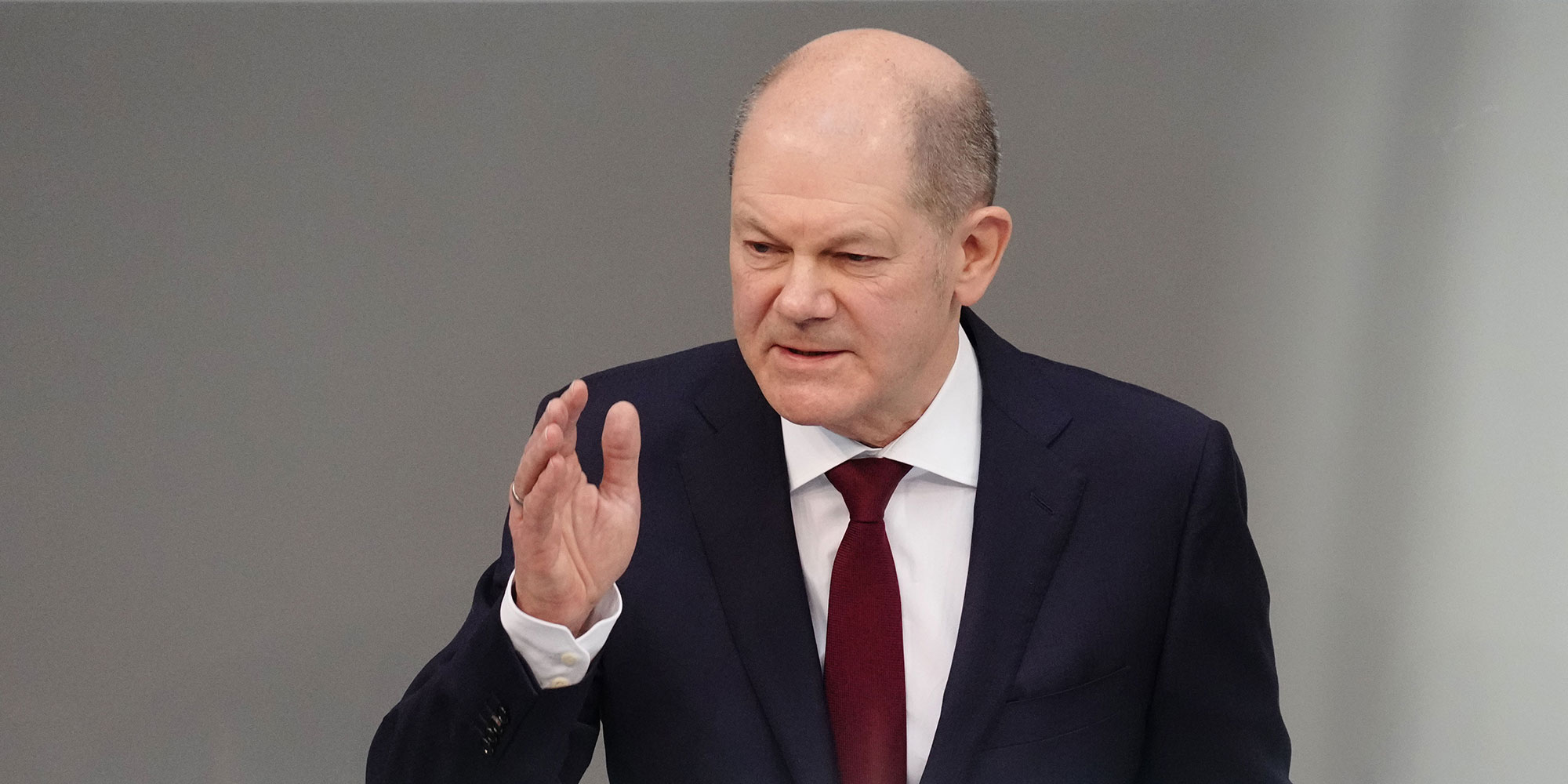Germany is on the brink of sharp political changes. The Bundestag has voted, resulting in Chancellor Olaf Scholz and his entire government receiving a vote of no confidence. What does this decision mean, why did it happen, and how will it impact Germany and international politics?
Vote of No Confidence: Why Did This Happen?
Olaf Scholz initiated this vote, knowing that the outcome would be negative. The reason behind it was the desire to hold early elections to allow voters to determine the country’s future course.
In his speech, the Chancellor highlighted key issues in Germany:
- Economic challenges, including rising inflation.
- Coalition disagreements that affected government support.
- Complex defense issues given the war in Ukraine.
Scholz emphasized that the future of Germany must be determined by the people: “This question is so crucial that only the sovereign – the people – should decide it.”
Political Situation: Who Supported and Opposed?
The Bundestag vote involved all major political forces:
- The Social Democratic Party expressed confidence in the Chancellor.
- The Greens abstained despite being part of the coalition.
- Opposition parties, including Christian Democrats and far-right parties, voted “against.”
Outcome: 394 votes against, and now Scholz’s government is carrying out its duties until the parliament is officially dissolved.
What’s Next?
According to the Constitution, German President Frank-Walter Steinmeier is to dissolve parliament and call for early elections. This process could be completed even before Christmas, and elections are planned for February 23, 2025.
Election Forecast: Who is Leading?
Sociological studies show that the front-runner for the upcoming elections is the Christian Democratic Union (CDU/CSU) led by Friedrich Merz. The predicted results are as follows:
- 33% of votes — for CDU/CSU.
- 17% — far-right.
- 15% — Social Democrats led by Schultz.
Despite the expected victory, Merz will face the challenge of forming a coalition. Possible options include a partnership with the “Greens” or a “grand coalition” with the Social Democrats.
How Will This Affect Ukraine?
The future policy of Germany will depend to a large extent on the composition of the new government. All leading parties support Ukraine, but differences remain. For example:
- Christian Democrats do not rule out providing Ukraine with long-range missiles like “Taurus”.
- Social Democrats are strongly against this, including this issue in their election campaign program.
The new government will need to decide how to balance support for Ukraine with internal challenges such as inflation and social policies.
The vote of no confidence in Olaf Scholz’s government is a significant event that paves the way for early elections and changes in Germany’s political landscape. The choice of the German people will impact not only the country’s domestic policies but also international affairs, including support for Ukraine. In February, it will be known who will lead Germany during one of its most challenging periods in modern history.


